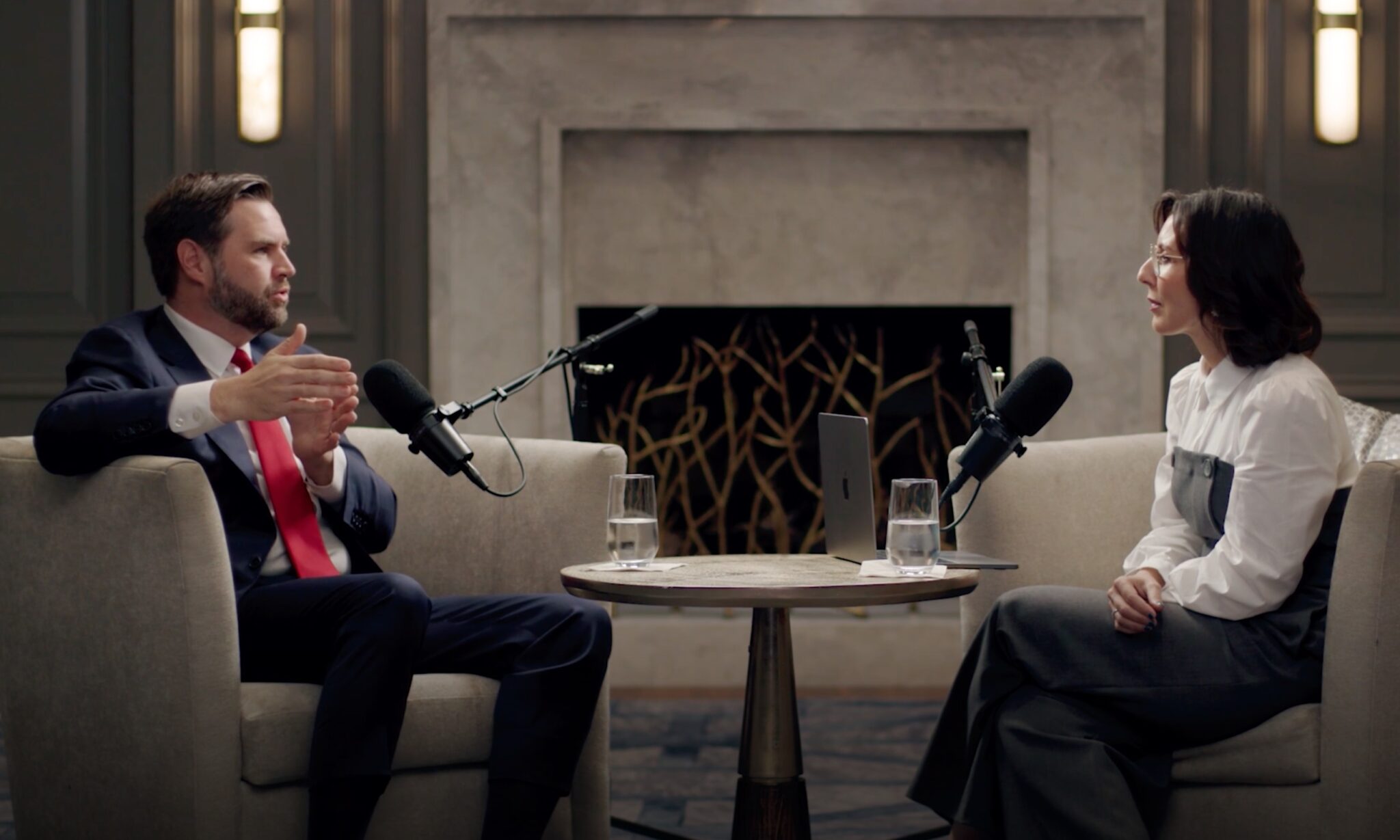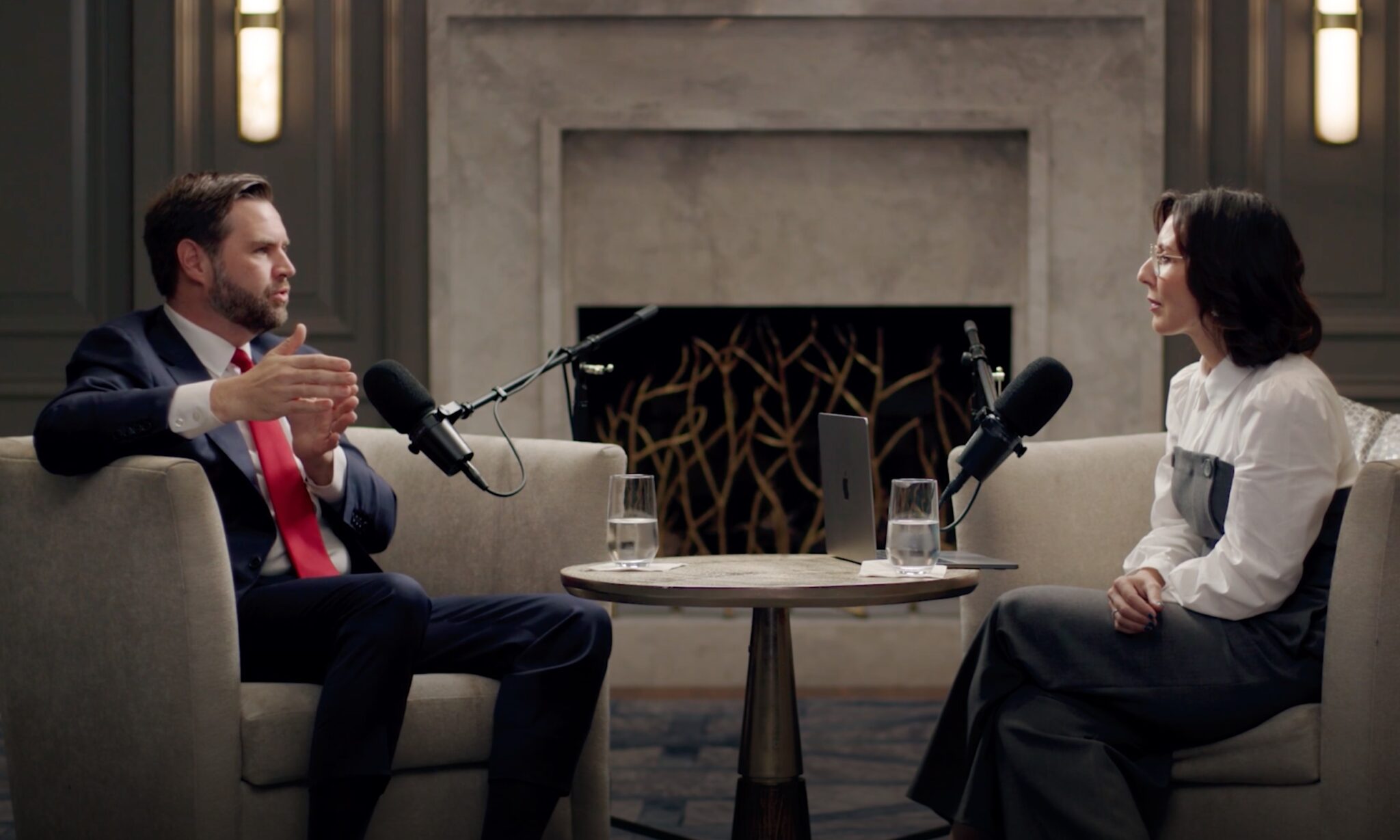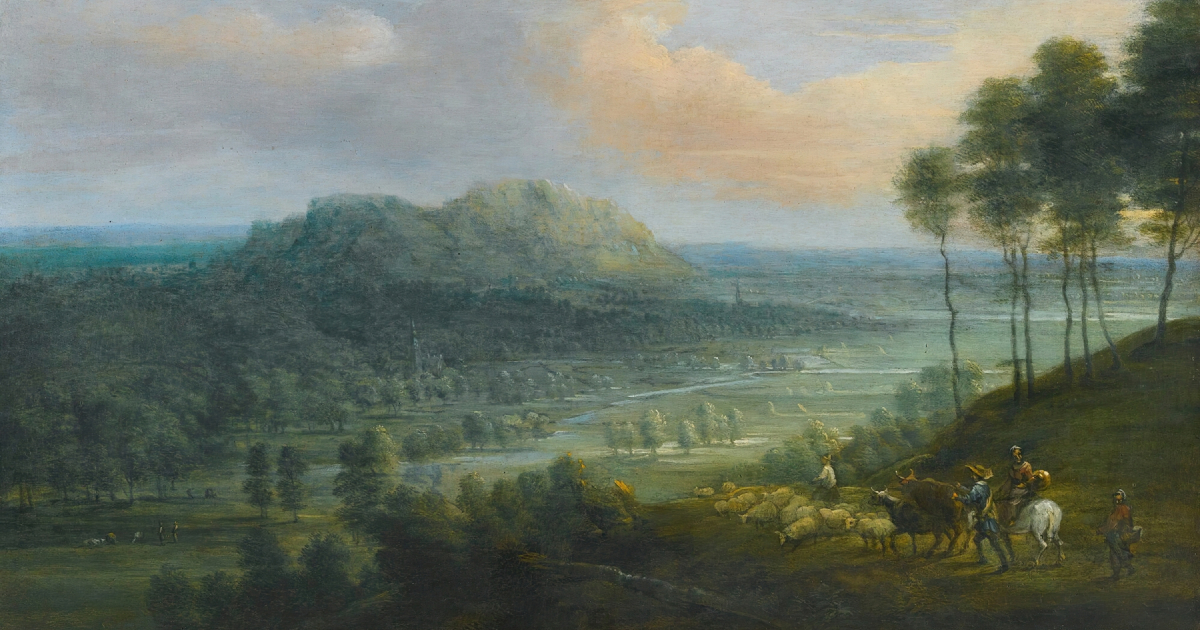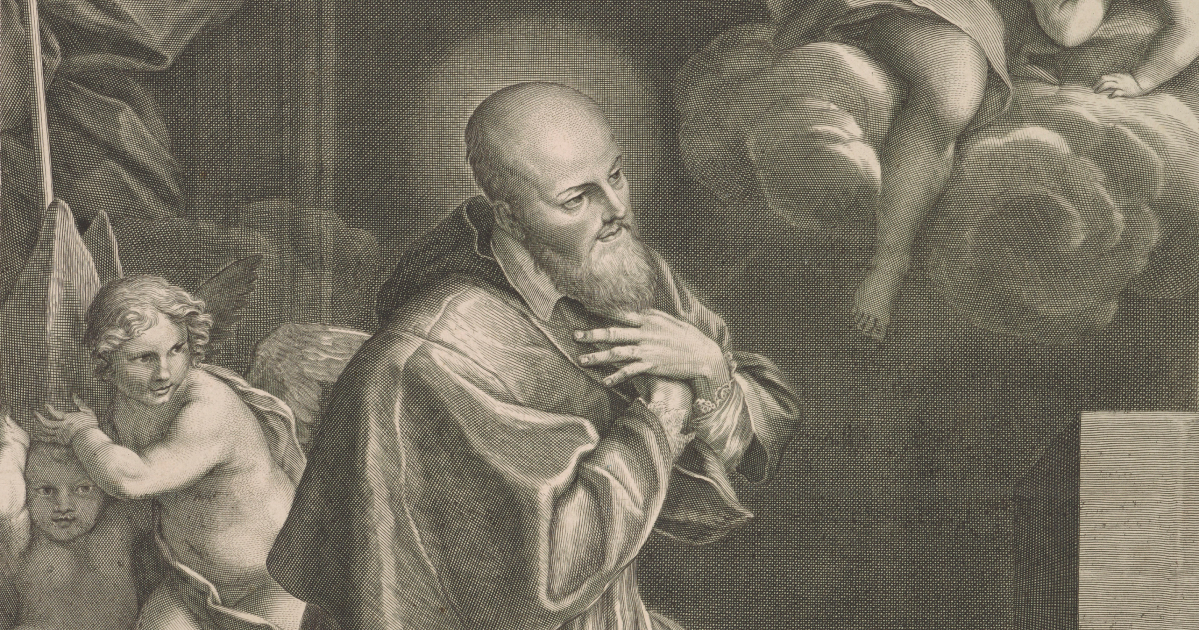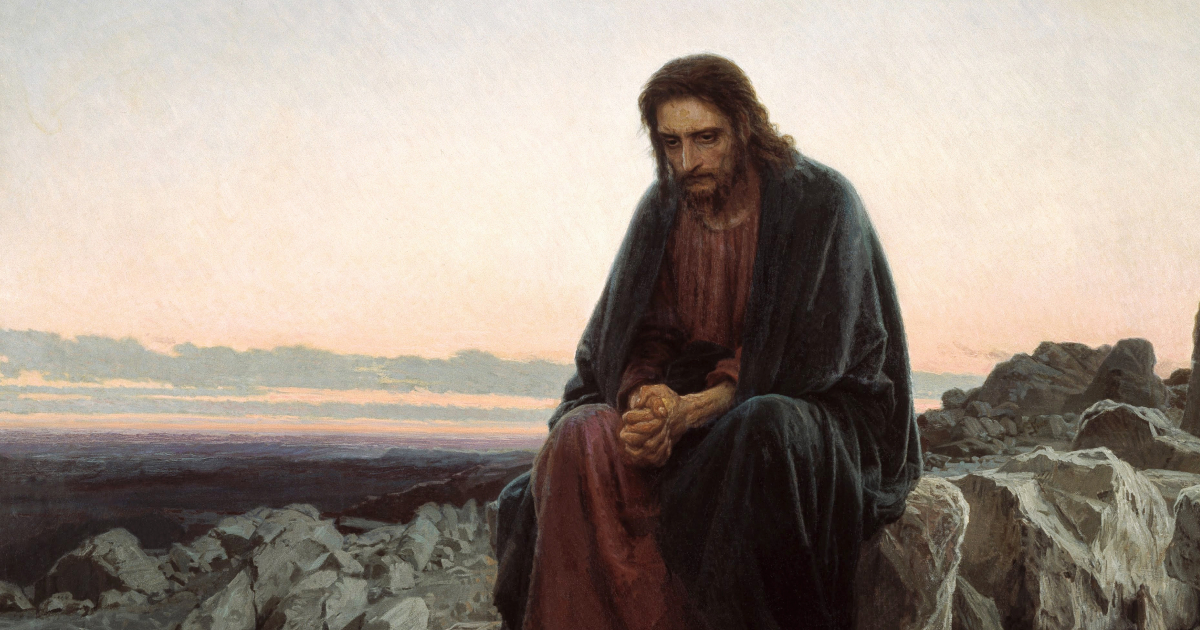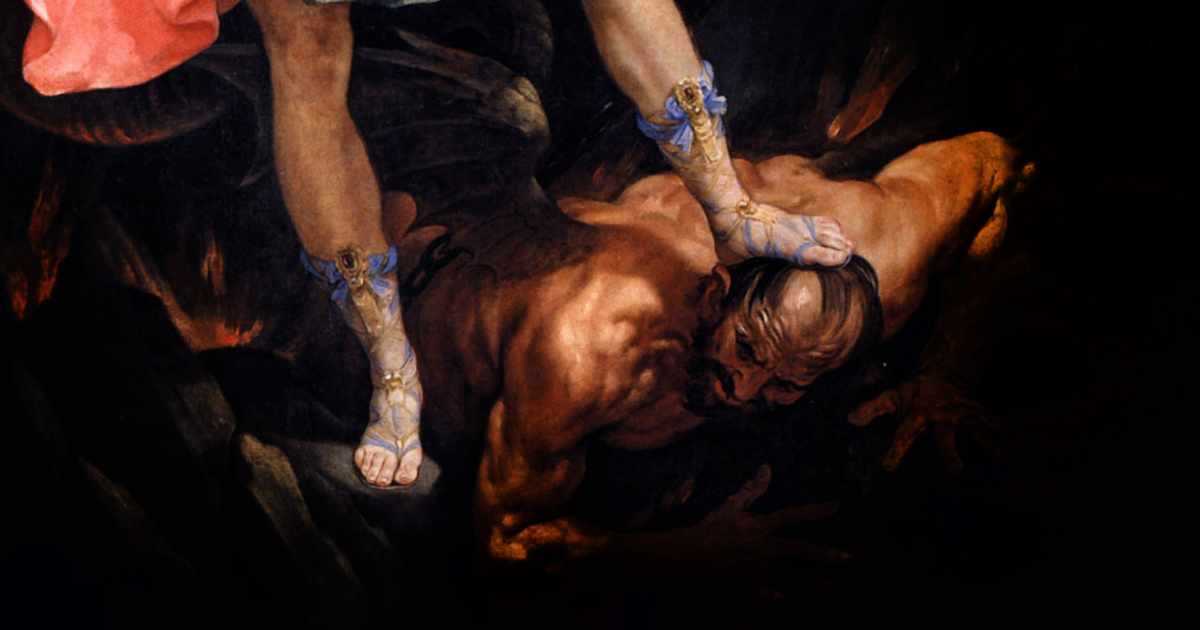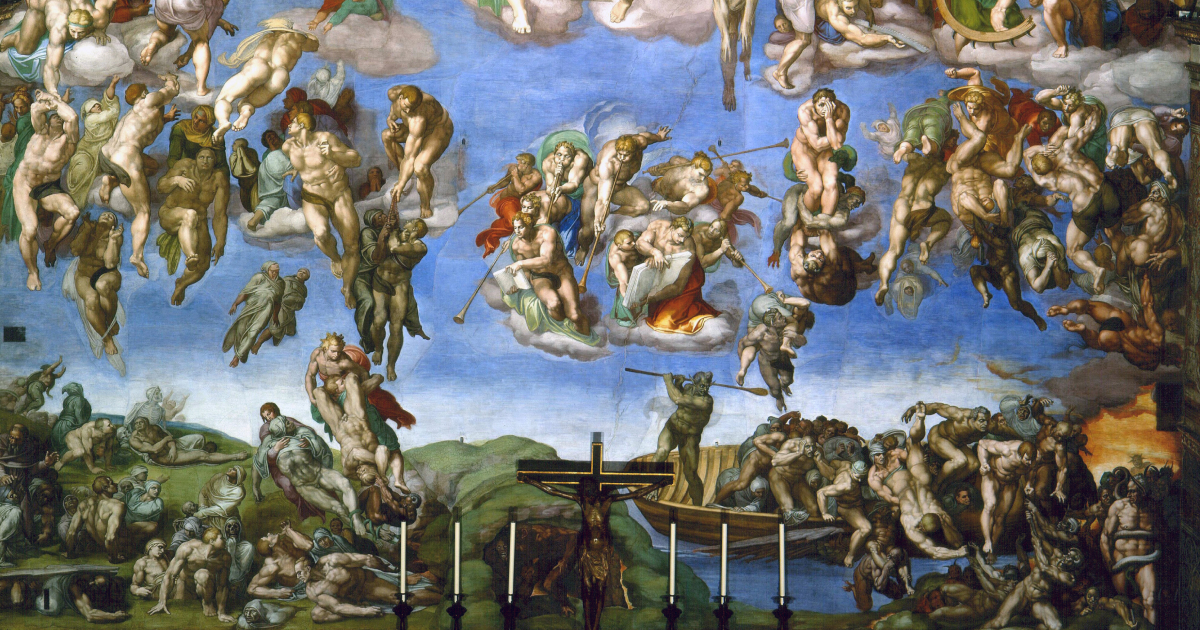JD Vance gave an account of his conversion to the Catholic Faith and, to its credit, the New York Times was willing – overall – to listen to the "world view" of the Republican ticket's vice presidential nominee.
Speaking to journalist Lulu Garcia-Navarro, Senator Vance, who was propelled into the spotlight after becoming former President Donald Trump's running mate, began by acknowledging the trap some converts fall into of becoming overzealous and acting as definitive mouthpieces for the Catholic Faith.
He states: “I’m never going to do that. I never want to do that.”
He then reflects on his journey to Catholicism, which began with a period of soul-searching between 2017 and 2019, heightened by his becoming a father.
At the same time, despite his professional success and the rise to it embodying what for many is the American dream, he found life in the meritocracy still lacking and began considering what he wanted beyond it.
He frames that quest for meaning in the context of his desire to be a good husband and father, saying, “I really wanted to be a virtuous human being. That was sort of the thing that I kept on coming back to – how to be virtuous.”
It was this desire for virtue that led him to embrace Christianity, and, in part due to the influence of good Catholic friends, he eventually was baptised into the Catholic Church in 2019.
Vance says that one of the most appealing aspects of Catholicism for him was its emphasis on stability, particularly within family life, which stood in contrast to the chaos of his own childhood. He found comfort in joining a faith with deep historical roots and appreciated its focus on strong family values, which became a central theme in his conversion.
At one stage of the interview he discusses the impact his Hindu wife, Usha, had on his conversion. He describes the support he felt from her during his spiritual search, and he mentions how she attends weekly Mass with him, alongside their children, who are being raised in the Catholic Faith.
Much of the rest of the interview consists of Vance defending himself against accusations of having multiple political personas and ever-shifting views, accusations that heavily rely on private correspondence between Vance and Sofia Nelson, a former Yale classmate. Vance downplays the betrayal of trust that occurred when Nelson sold around 90 emails and texts from their conversations.
A significant part of the interview in which the NYT takes Vance to task, focuses on his shift from criticising Donald Trump in 2016 to becoming his running mate in 2024.
Vance explains that his early critiques were rooted in a belief that Trump’s divisive rhetoric was a significant part of the problem that the US had. By 2018, however, Vance had come to view Trump’s rhetoric as a necessary response to a “deeply diseased” American political culture, believing that Trump’s combative style was essential to addressing corruption within the media and political institutions.
Vance argues that his changes in political outlook stem from the natural human tendency to evolve in one’s thinking, something he believes most people experience.
He also addresses immigration, arguing that the US needs to take border control seriously to tackle underlying economic issues.
However, he is evasive when asked about the outcome of the 2020 election.
This ambiguity could ultimately harm Vance’s chances of becoming the GOP’s presidential nominee in the future. If Trump is unsuccessful in the upcoming election, it is likely that the MAGA Era will end, and part of the Republican rebranding effort will likely involve acknowledging the results of the 2020 election and distancing itself from those who didn't.
Overall, though, Vance delivers another high-quality interview, showcasing his ability to remain calm in the face of attempts to undermine his political record, and demonstrating his skill at repackaging Trumpism as a reasonable and logical response to the current political and economic state of the US.
It also demonstrates his ability to talk publicly as a politician in the mainstream about his Catholicism.
That shouldn't be taken for granted. Back in the UK, there is little, if anything, like it.
RELATED: JD Vance’s Catholic conversion inspired by St Augustine – and the wreckage of the modern age
Photo: Clip from the video of the NYT interview of JD Vance by Lulu Garcia-Navarro; screenshot from nytimes.com.
JD Vance gave an account of his conversion to the Catholic Faith and, to its credit, the <em>New York Times </em>was willing – overall – to <a href="https://www.nytimes.com/video/magazine/100000009758644/the-interview-a-conversation-with-jd-vance.html?playlistId=video/2024-Elections"><mark style="background-color:rgba(0, 0, 0, 0)" class="has-inline-color has-vivid-cyan-blue-color">listen</mark></a> to the "world view" of the Republican ticket's vice presidential nominee.
Speaking to journalist Lulu Garcia-Navarro, Senator Vance, who was propelled into the spotlight after becoming former President Donald Trump's running mate, began by acknowledging the trap some converts fall into of becoming overzealous and acting as definitive mouthpieces for the Catholic Faith.
He states: “I’m never going to do that. I never want to do that.”
He then reflects on his journey to Catholicism, which began with a period of soul-searching between 2017 and 2019, heightened by his becoming a father.
At the same time, despite his professional success and the rise to it embodying what for many is the American dream, he found life in the meritocracy still lacking and began considering what he wanted beyond it.
He frames that quest for meaning in the context of his desire to be a good husband and father, saying, “I really wanted to be a virtuous human being. That was sort of the thing that I kept on coming back to – how to be virtuous.”
It was this desire for virtue that led him to embrace Christianity, and, in part due to the influence of good Catholic friends, he eventually was baptised into the Catholic Church in 2019.
Vance says that one of the most appealing aspects of Catholicism for him was its emphasis on stability, particularly within family life, which stood in contrast to the chaos of his own childhood. He found comfort in joining a faith with deep historical roots and appreciated its focus on strong family values, which became a central theme in his conversion.
At one stage of the interview he discusses the impact his Hindu wife, Usha, had on his conversion. He describes the support he felt from her during his spiritual search, and he mentions how she attends weekly Mass with him, alongside their children, who are being raised in the Catholic Faith.
Much of the rest of the interview consists of Vance defending himself against accusations of having multiple political personas and ever-shifting views, accusations that heavily rely on private correspondence between Vance and Sofia Nelson, a former Yale classmate. Vance downplays the betrayal of trust that occurred when Nelson sold around 90 emails and texts from their conversations.
A significant part of the interview in which the <em>NYT</em> takes Vance to task, focuses on his shift from criticising Donald Trump in 2016 to becoming his running mate in 2024.
Vance explains that his early critiques were rooted in a belief that Trump’s divisive rhetoric was a significant part of the problem that the US had. By 2018, however, Vance had come to view Trump’s rhetoric as a necessary response to a “deeply diseased” American political culture, believing that Trump’s combative style was essential to addressing corruption within the media and political institutions.
Vance argues that his changes in political outlook stem from the natural human tendency to evolve in one’s thinking, something he believes most people experience.
He also addresses immigration, arguing that the US needs to take border control seriously to tackle underlying economic issues.
However, he is evasive when asked about the outcome of the 2020 election.
This ambiguity could ultimately harm Vance’s chances of becoming the GOP’s presidential nominee in the future. If Trump is unsuccessful in the upcoming election, it is likely that the MAGA Era will end, and part of the Republican rebranding effort will likely involve acknowledging the results of the 2020 election and distancing itself from those who didn't.
Overall, though, Vance delivers another high-quality interview, showcasing his ability to remain calm in the face of attempts to undermine his political record, and demonstrating his skill at repackaging Trumpism as a reasonable and logical response to the current political and economic state of the US.
It also demonstrates his ability to talk publicly as a politician in the mainstream about his Catholicism.
That shouldn't be taken for granted. Back in the UK, there is little, if anything, like it.
<a href="https://catholicherald.co.uk/jd-vances-catholic-conversion-inspired-by-st-augustine-and-wreckage-of-the-modern-age/?swcfpc=1"><mark style="background-color:rgba(0, 0, 0, 0)" class="has-inline-color has-vivid-cyan-blue-color"><strong><em>RELATED: JD Vance’s Catholic conversion inspired by St Augustine – and the wreckage of the modern age</em></strong></mark></a>
<em>Photo: Clip from the video of the NYT interview of JD Vance by Lulu Garcia-Navarro; screenshot from <a href="https://www.nytimes.com/video/magazine/100000009758644/the-interview-a-conversation-with-jd-vance.html?playlistId=video/2024-Elections"><mark style="background-color:rgba(0, 0, 0, 0)" class="has-inline-color has-vivid-cyan-blue-color">nytimes.com</mark></a>.</em>





